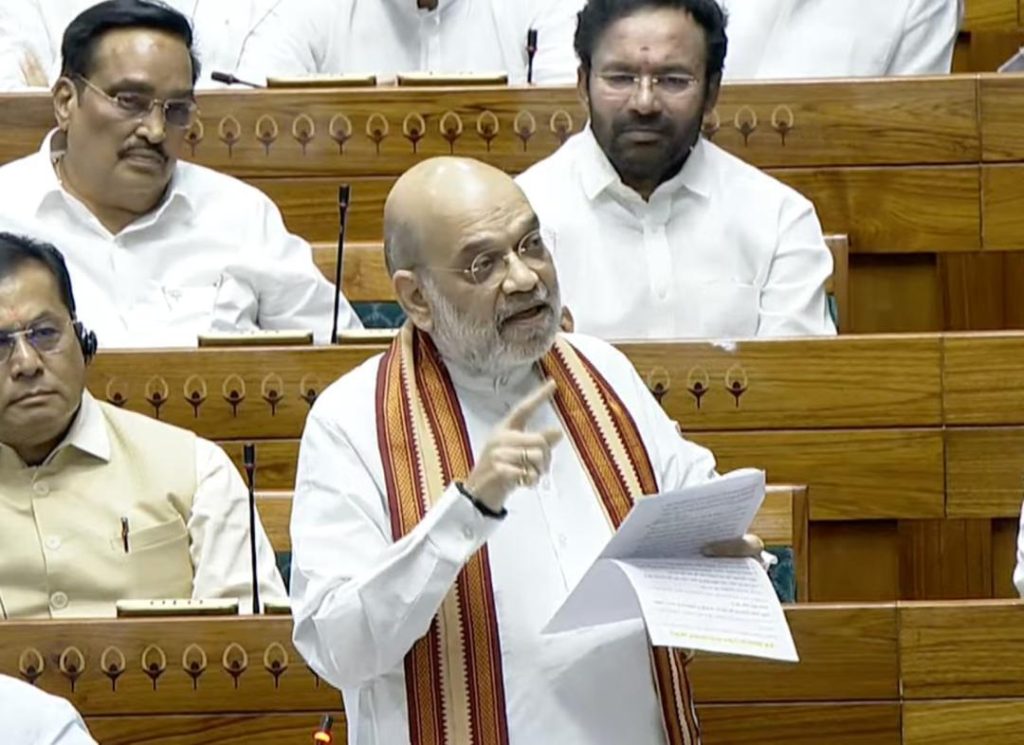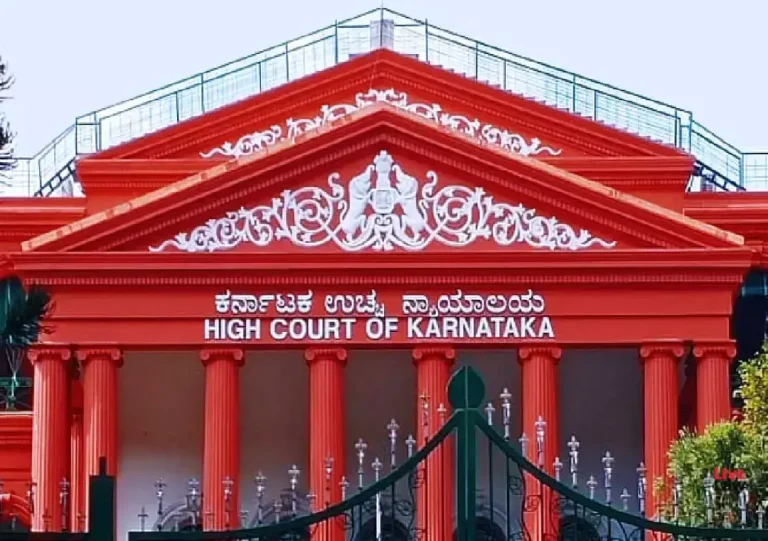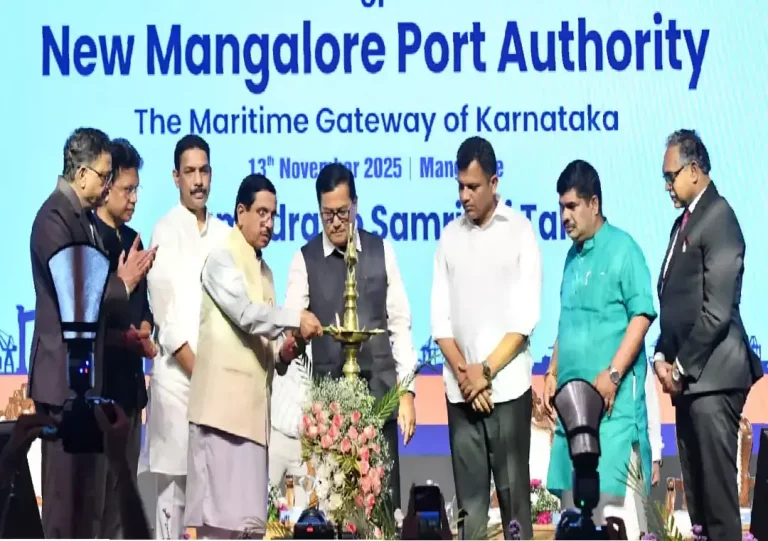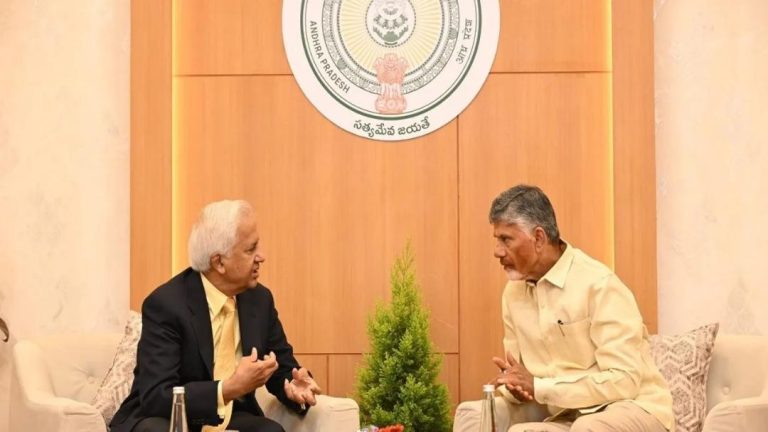
What did J&K Locals Arrested for Housing Pahalgam Terrorists Tell Government?
On April 12, 2020, a chilling terrorist attack took place in Pahalgam, Jammu and Kashmir, where two terrorists, armed with AK-47 and M9 Carbine, stormed a hut, leaving a trail of destruction and chaos. The attack resulted in the death of a police officer and the injury of several others. In the aftermath of the attack, two locals from the area were arrested for allegedly housing the terrorists. The news of their arrest sent shockwaves across the country, and many were left wondering how such a heinous act could take place under the nose of the authorities.
Recently, Union Home Minister Amit Shah brought the matter to the forefront when he addressed the Lok Sabha, sharing the details of the investigation. According to Shah, the two arrested locals told the government that the terrorists reached their hut, which was located 2 kilometers from the Baisaran Valley, on April 21. The terrorists, who were equipped with AK-47 and M9 Carbine, were dressed in black outfits. During their stay, they not only relaxed and enjoyed the hospitality of their hosts but also helped themselves to food, tea, and other essentials.
Shah’s statement has raised several questions about the security lapses in the area and the extent to which local residents may be complicit in terrorist activities. The incident has also sparked debate about the effectiveness of the government’s policies in tackling terrorism in Jammu and Kashmir.
What did the arrested locals tell the government?
Shah’s statement provides a glimpse into the modus operandi of the terrorists and the extent of their infiltration into local society. According to the Home Minister, the terrorists arrived at the hut on April 21, and during their stay, they consumed food and drinks, including tea. They also helped themselves to salt, chillies, and masalas, which suggests that they were comfortable and at ease in the area.
The arrested locals’ account raises several questions about the surveillance and monitoring of the area. How did the terrorists manage to reach the hut without being detected? Were the local residents aware of their presence, or did they unwittingly provide them with shelter? The answers to these questions are crucial in understanding the extent of the infiltration and the need for enhanced security measures.
The role of local residents in terrorist activities
The Pahalgam attack is not an isolated incident. In recent years, there have been several instances of locals in Jammu and Kashmir being arrested for providing shelter and support to terrorists. The incident highlights the need for a nuanced approach to tackling terrorism in the region. While it is essential to crack down on terrorists and their sympathizers, it is also crucial to address the root causes of terrorism and the grievances of local residents.
The Pahalgam attack has also raised questions about the effectiveness of the government’s policies in tackling terrorism in Jammu and Kashmir. The Modi government has been criticized for its handling of the situation in the region, with many arguing that its policies have only served to alienate local residents and push them further towards extremism.
The need for enhanced security measures
The Pahalgam attack is a stark reminder of the need for enhanced security measures in the region. The government must take concrete steps to improve surveillance and monitoring in the area, including the deployment of additional troops and the installation of security cameras.
The government must also work towards addressing the grievances of local residents and ensuring that they feel included in the decision-making process. This can be achieved by engaging with local leaders and ensuring that their concerns are heard and addressed.
Conclusion
The Pahalgam attack and the arrest of two locals for housing terrorists are a grim reminder of the challenges facing India in its fight against terrorism. The incident raises several questions about the security lapses in the area and the extent to which local residents may be complicit in terrorist activities.
The government must take concrete steps to address these concerns, including the deployment of additional troops, the installation of security cameras, and the engagement with local leaders to address their grievances. Only by working together can we hope to build a safer and more secure future for all Indians.
Source: https://www.youtube.com/watch






